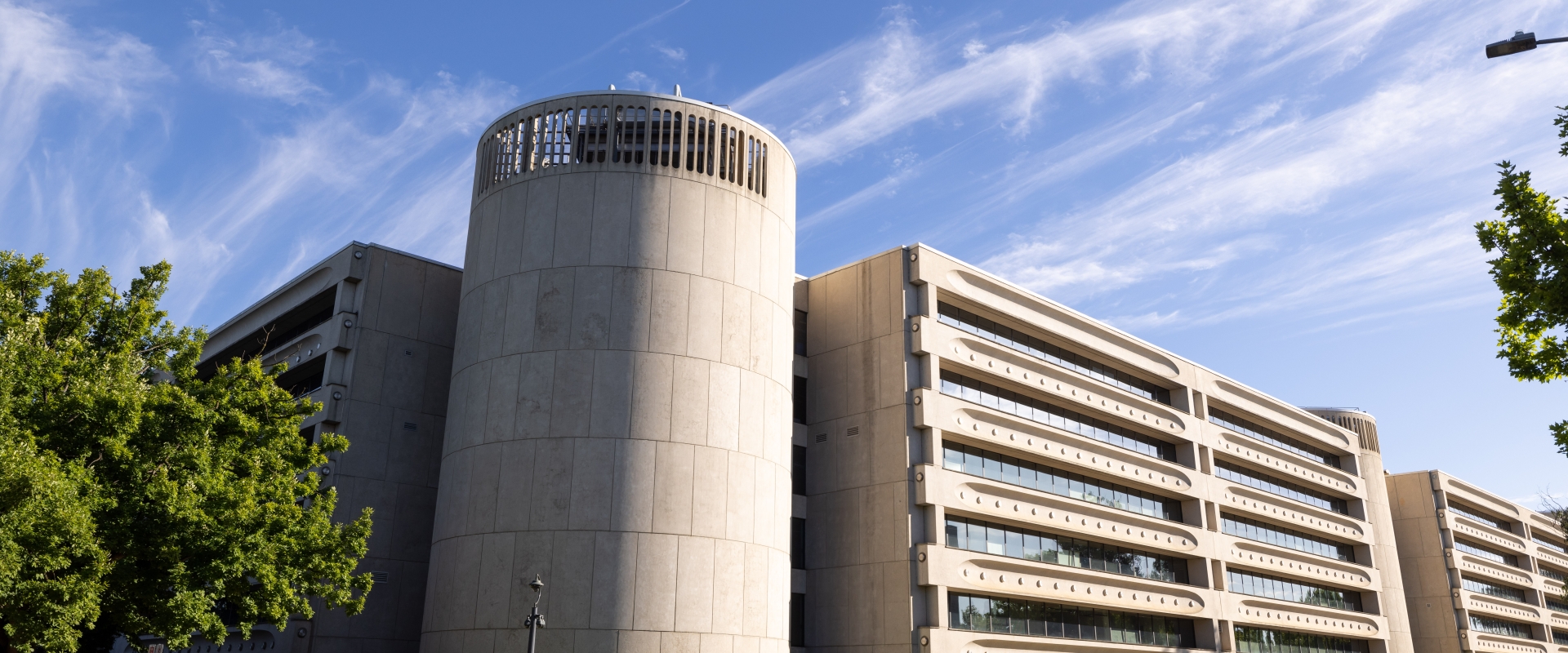We are a Portfolio agency of the Attorney-General's Department.
Our organisational structure is designed to ensure we continue to respond to the increasingly complex threat environment in an agile and considered way.
We have 6 key areas of responsibility that drive strategic initiatives and activities in our Corporate Plan.
1. Commissioner
Our Commissioner handles management, strategic planning and policy. They are accountable to the Australian Parliament and the Attorney-General.
Chief of Staff
Our Chief of Staff is a key strategic adviser to the Commissioner, and works closely and collaboratively with the broader executive of the AFP to drive our vision and intent. Their portfolio also includes:
- Deputy Chief of Staff
- Media and Public Affairs
- Communications and Customs.
2. Chief Operating Officer
The Chief Operating Officer (COO) ensures the AFP frontline is able to deliver on protecting Australians and Australia’s interests. This includes overseeing enterprise operations and maintaining resources to support staff.
The COO portfolio leads our corporate and enabling functions. This includes:
- Strategy and Performance Office
- Chief Financial Officer
- Learning and Development Command
- Chief Legal Counsel
- People Command
- Chief Information Officer.
The COO oversees the Australian Institute of Police Management, a leading educational institution for police and emergency services. They also host the Pacific Faculty of Policing and lead our involvement in think-tank events and forums, such as the Global Policing Exchange (GPX), Five Eyes Law Enforcement Group (FELEG) and Pearls in Policing (PiP).
3. Deputy Commissioner Crime
The Deputy Commissioner Crime is responsible for developing and managing the AFP’s crime and cyber strategies and related policy issues. These ensure our communities are protected from a broad range of criminal threats.
The Deputy Commissioner Crime's responsibilities include:
- strategic planning
- operational management
- policy development.
Their portfolio includes:
- Crime Command
- Criminal Assets Confiscation
- Cyber Command
- Eastern Command
- Northern Command
- Asia Pacific Group.
4. Deputy Commissioner National Security
The Deputy Commissioner National Security protects Australia's national security interests. Their portfolio includes:
- Counter Terrorism and Special Investigations Command
- Specialist Protective Command
- Security Command
- Central Command
- Southern Command
- Western Command.
5. Deputy Commissioner International and Specialist Capabilities
The Deputy Commissioner International and Specialist Capabilities is responsible for:
- delivering the AFP’s specialist capabilities, including intelligence, covert services and forensics
- leading our international engagement, including:
- building and strengthening individual relationships
- combating transnational crime
- undertaking capacity-building missions
- contributing to regional stability
- responding to international incidents.
With more than 160 members in over 30 countries, the AFP is among Australia’s first line of defence.
See all the locations where we operate.
6. Chief Police Officer for the ACT
The Chief Police Officer for the ACT oversees our community policing services arm. ACT Policing provides a high-quality service to keep the peace and preserve public safety.


